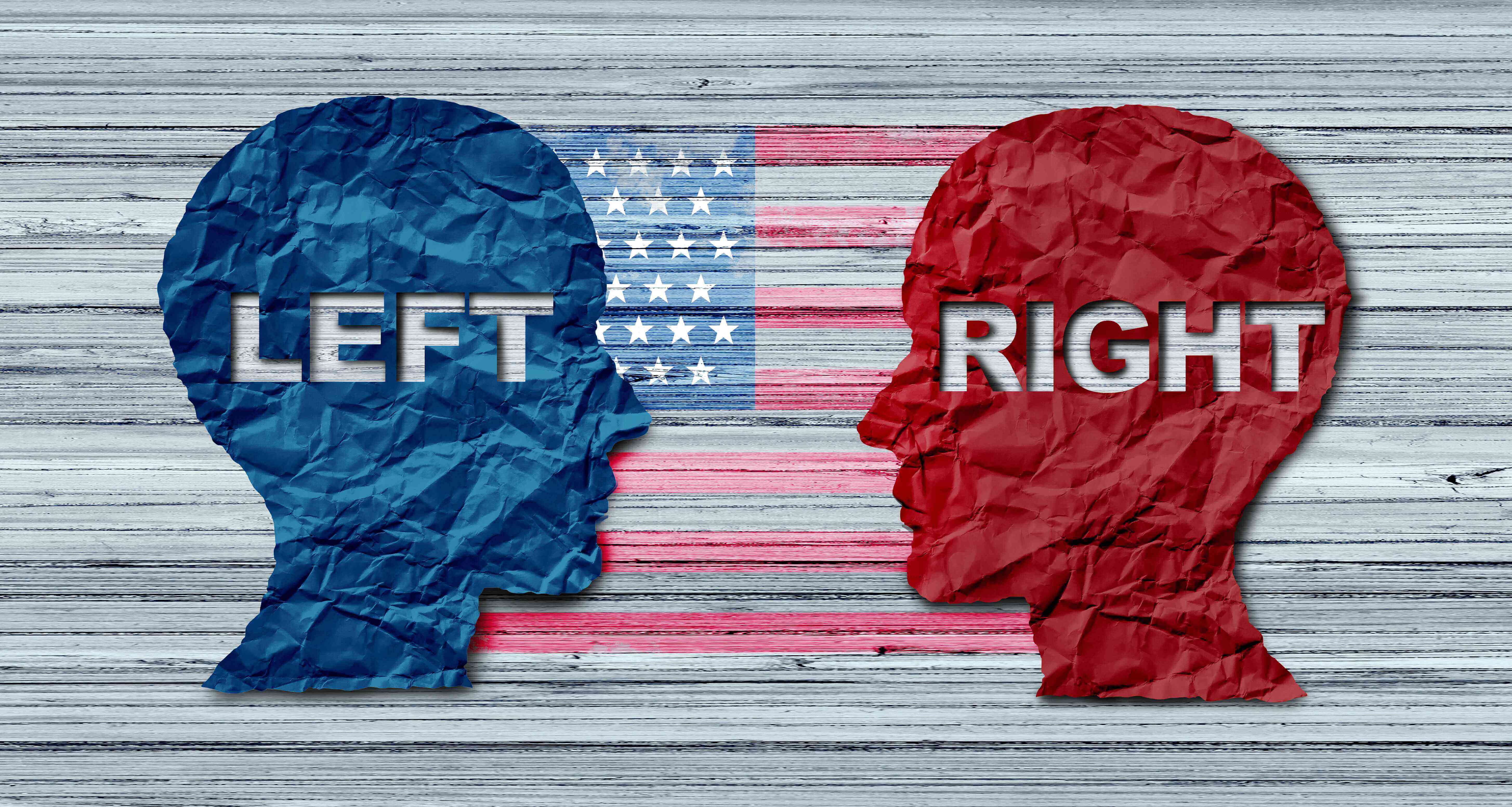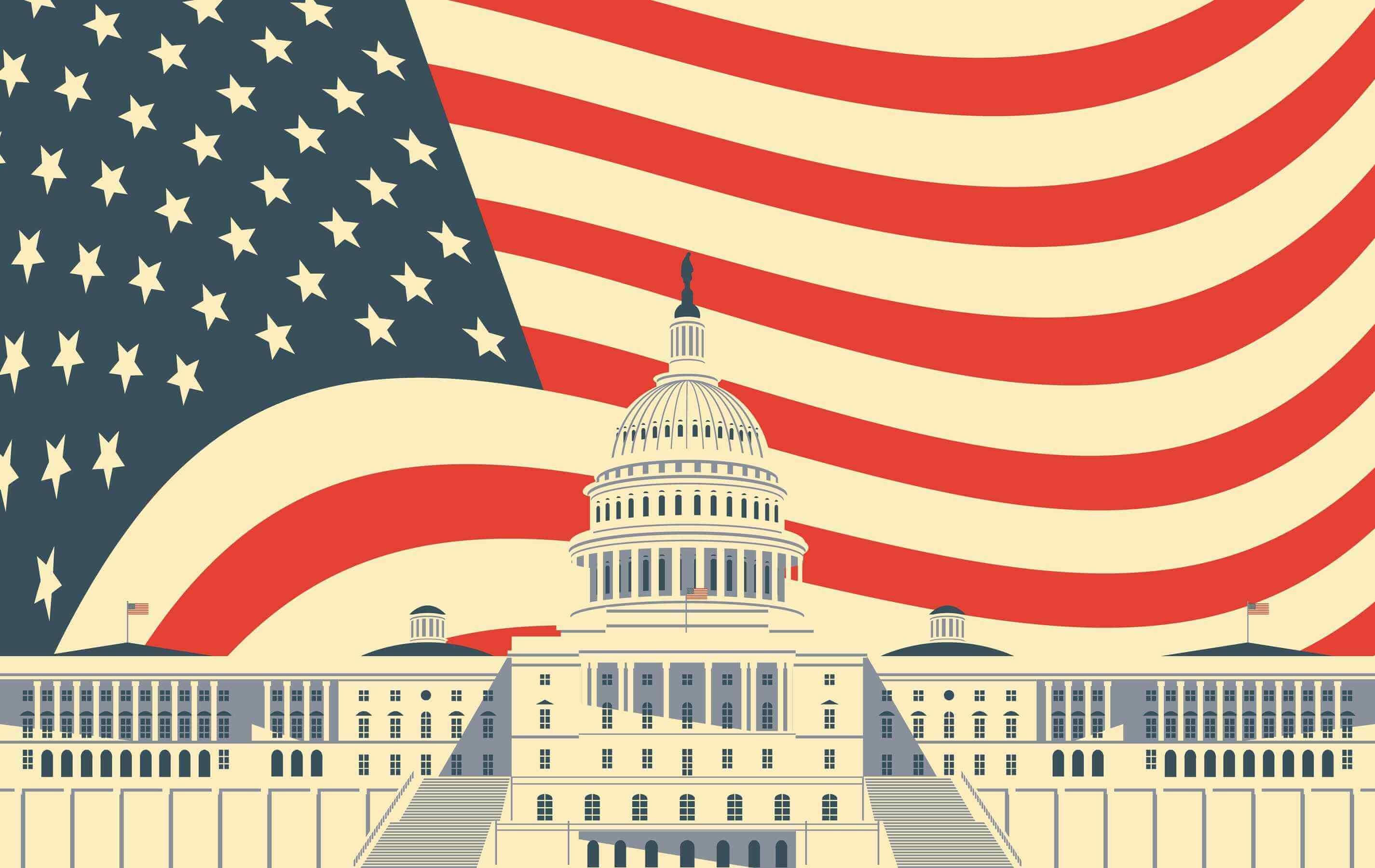Beijing, In Blocking Tiktok Deal, Turns Trump’s Trade Playbook Against Him

Beijing’s extraordinary move last week to walk away from the White House’s TikTok deal as leverage in an escalating trade war defies the norms of economic negotiations — but follows President Donald Trump’s own trade playbook.
The White House last week had finalized a pact to spin the popular video app’s U.S. operations into a new company owned and operated by a majority made up of American investors, according to two people familiar with the deal granted anonymity to speak candidly. The deal was set to be announced just days before a Saturday deadline mandating the app’s Beijing-based owner, ByteDance, sell to a majority of non-Chinese companies, or TikTok would go dark in the United States.
Then it fell apart.
Last Wednesday, Trump slapped 34 percent tariffs on China. On Thursday, ByteDance representatives told the White House Beijing would no longer approve the deal, the people said. And on Friday, Trump signed an executive order extending the deadline by 75 days.
Now, as the world’s two largest economies retaliate against each other with increasingly crippling tariffs, the TikTok deal is completely on pause, according to another person close to Vice President JD Vance, whose team was leading the negotiations. It’s a “waiting game,” said the person, who was granted anonymity to speak candidly.
Beijing is “really, really good at identifying things that don't cause them pain, but do cause you pain. And this is a classic case because I think they would prefer not to sell TikTok anyway,” said Bill Reinsch, a top Commerce official during the Clinton administration who is now a senior adviser at the Center for Strategic and International Studies. “This is a convenient way for them to both send the signal to us that they are not without leverage and to maintain control of TikTok for themselves.”
Beijing’s strategy is flipping Trump’s own playbook on its head.
During his first term, Trump used tariffs as leverage for other priorities unrelated to trade. He announced plans to impose a 5 percent tariff on all Mexican imports, escalating monthly up to 25 percent, unless Mexico took effective action to curb illegal immigration into the United States. He linked economic agreements with defense agreements with South Korea and Germany. And he slammed China with 25 percent tariffs on tech imports over its intellectual property policies.
“President Trump, he is not necessarily bonded by the classic American foreign policy approach, which is sort of compartmentalized,” said Zongyuan Zoe Liu, a senior fellow for China studies at the Council on Foreign Relations.
Trump has used that strategy in his second term, too. Canada and Mexico pledged to bolster border security in an attempt to stave off tariffs. Colombia quickly agreed to allow U.S. deportation planes to land after Trump announced sharp tariffs and other sanctions. And Trump last week announced 25 percent “secondary tariffs” on countries that buy Venezuelan oil, claiming that “Venezuela has purposefully and deceitfully sent” violent criminals into the United States.
Beijing is effectively pulling the same move in reverse, holding its power to approve or block ByteDance’s sale of TikTok — a political priority for Trump and Vance — as a vital piece of leverage against the White House. On Wednesday, as Trump announced he was dropping reciprocal tariffs on all other countries to 10 percent for the next 90 days as they negotiate with the U.S., he hit China with 125 percent tariffs “based on the lack of respect that China has shown to the World’s Markets.”
“How much leverage the Chinese government has with regards to the TikTok deal is probably defined not necessarily by China, but defined by the Trump administration,” Liu said. “If the Trump administration holds onto this issue and tries to use it to drive a hard bargain, I think the Chinese government won't necessarily give in unless in exchange for some major concessions.”


